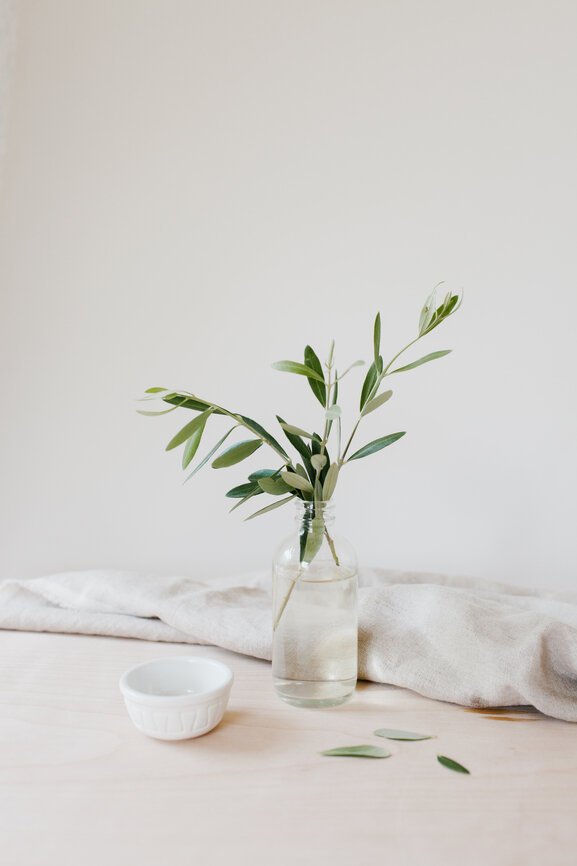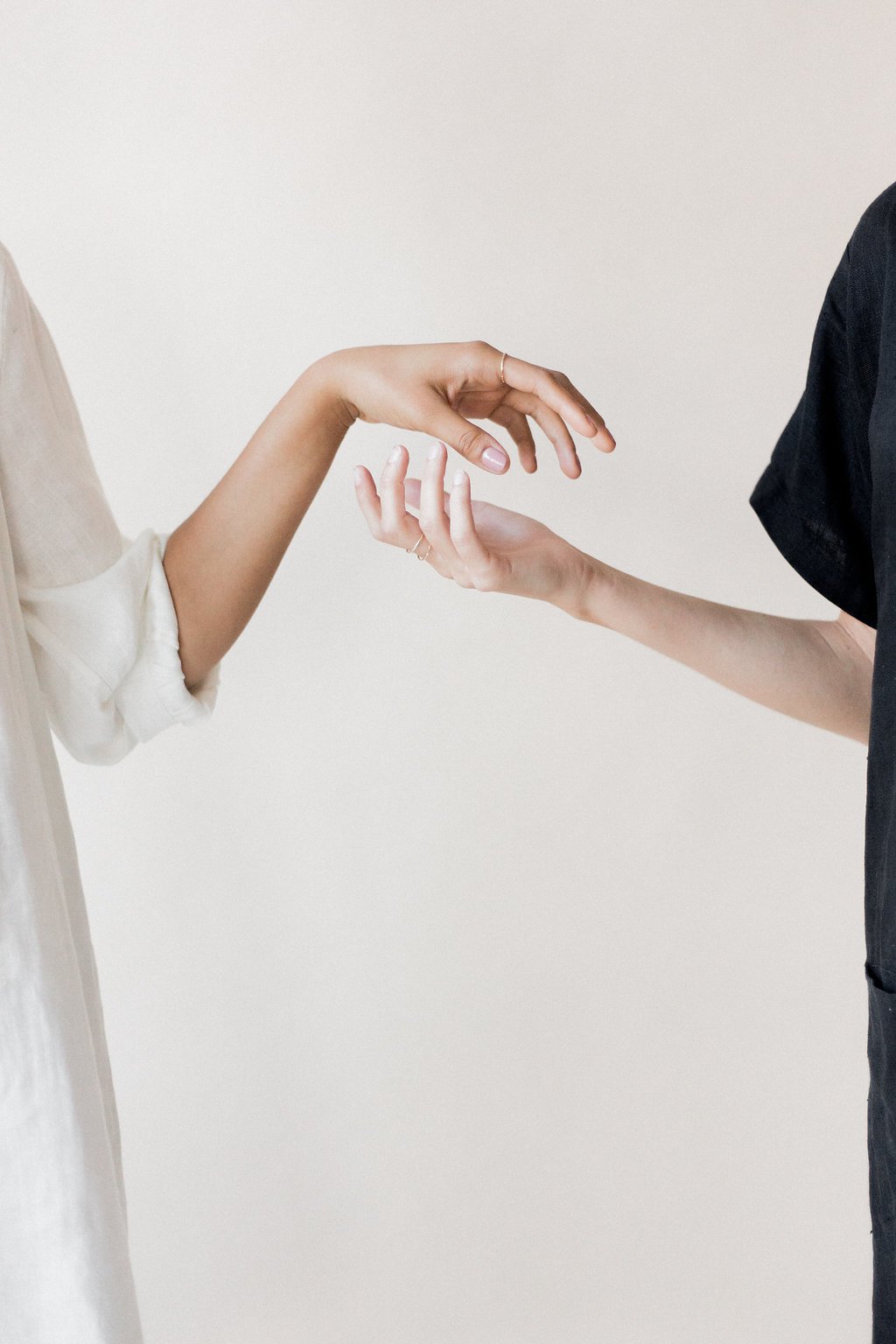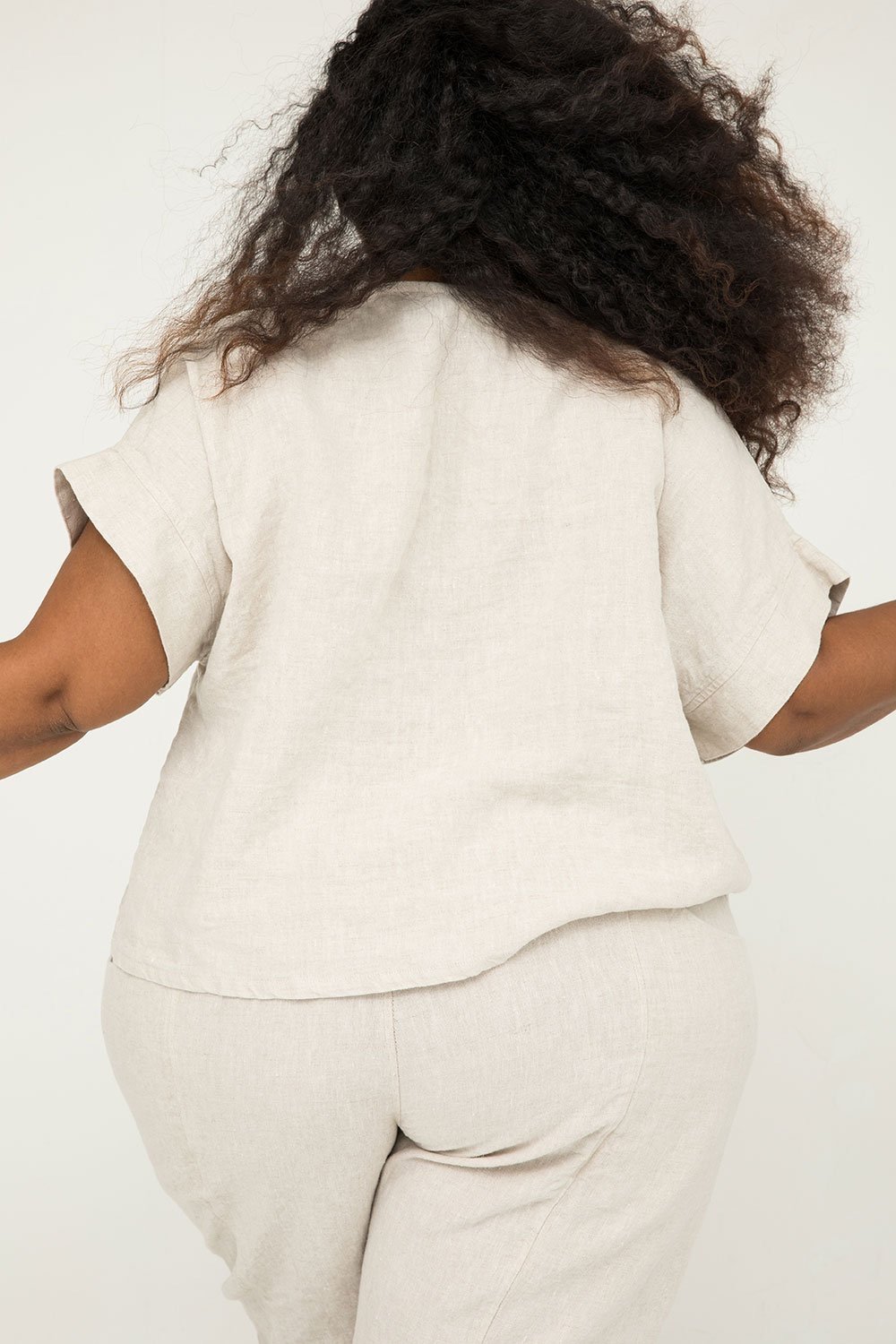Media To Better Understand One Another
One billion people (or the equivalent of 15 percent of the global population) experience a form of disability. For some, it’s more overt, and for others, it’s completely unseen as an invisible disability. Almost all of these experiences are underrepresented in mainstream media, and this kind of ableism hurts us all.
We’re spotlighting ten writers and websites who use their platform to broaden the conversation about what having a disability means (and what it doesn’t). Whether you decide to give them a social media follow, read or buy their work, or share with friends, we can all do our part to uplift these historically underrepresented voices and create a more inclusive world.
Writers
1. Keah Brown
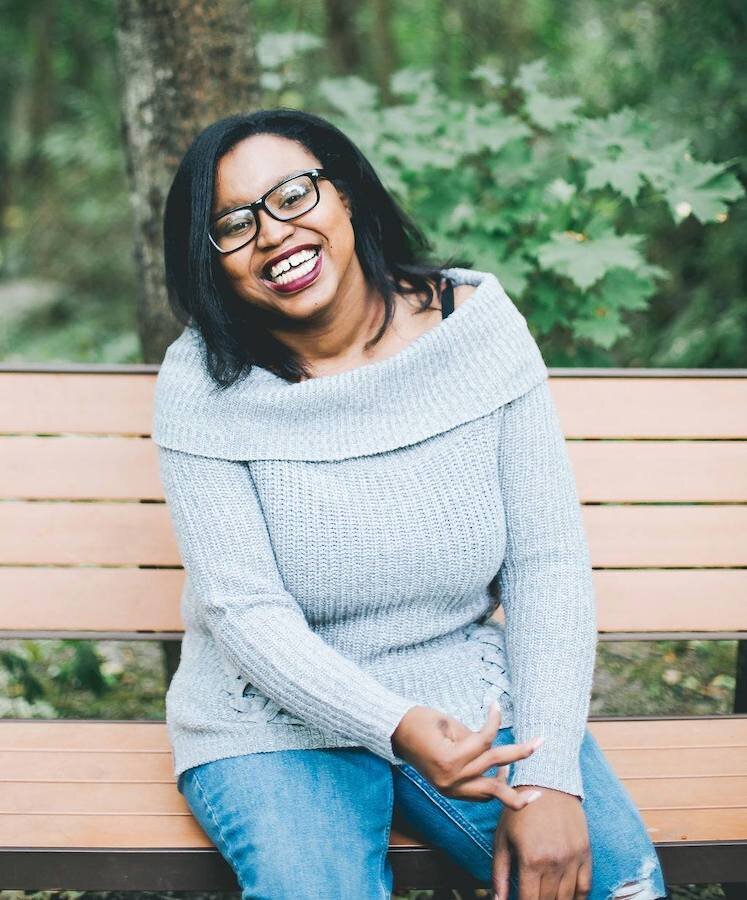
Keah Brown is an author, actress, journalist, and screenwriter. Born with cerebral palsy, Brown reclaims the narrative that the disabled community is weak; instead, she challenges the media’s distorted views and fights for those with disabilities to be seen as fully realized individuals. Brown launched the hashtag #DisabledAndCute which then went viral. Her work has been featured in Teen Vogue, Netflix, and The Today Show, and you can pick up her memoir, “The Pretty One”, or look out for her new picture book, Sam’s Super Seats, coming out in 2022.
2. Alice Wong
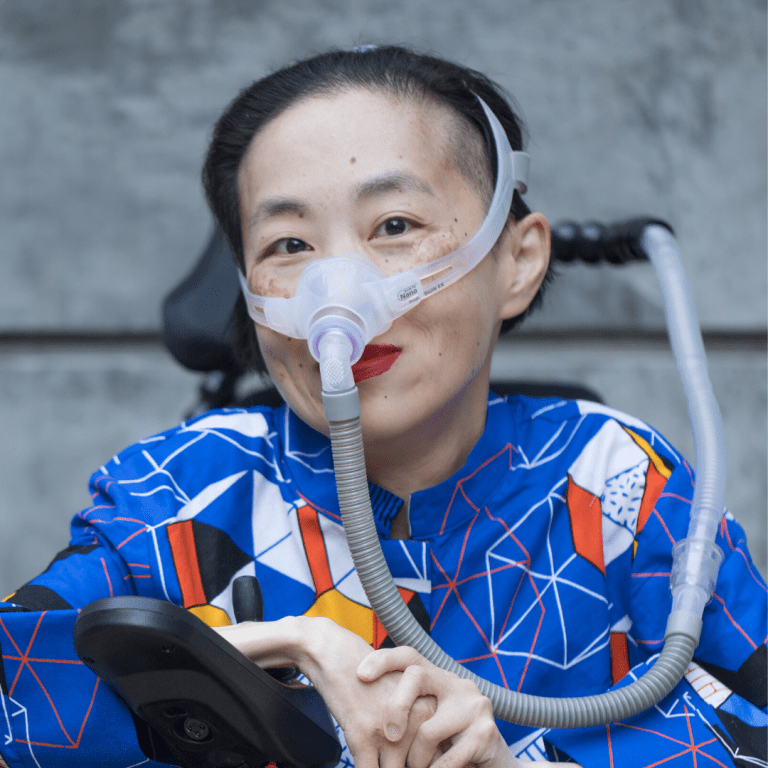
Alice Wong is a disability rights advocate and founder of Disability Visibility Project (DVP), sharing and amplifying disability media. She’s also a partner in inclusive initiatives like #CripLit, #CripTheVote, DisabledWriters.com, and Access Is Love. A refreshing and powerful voice, Wong’s work has been seen in the New York Times, Buzzfeed, and WNYC’s Death, Sex, and Money podcast. She’s also hosted DVP’s own podcast since 2017. “Disability Visibility” and “Resistance and Hope”, two anthologies edited by Wong, center disabled writers and help to broaden our perspectives on the human experience.
3. Rebekah Taussig
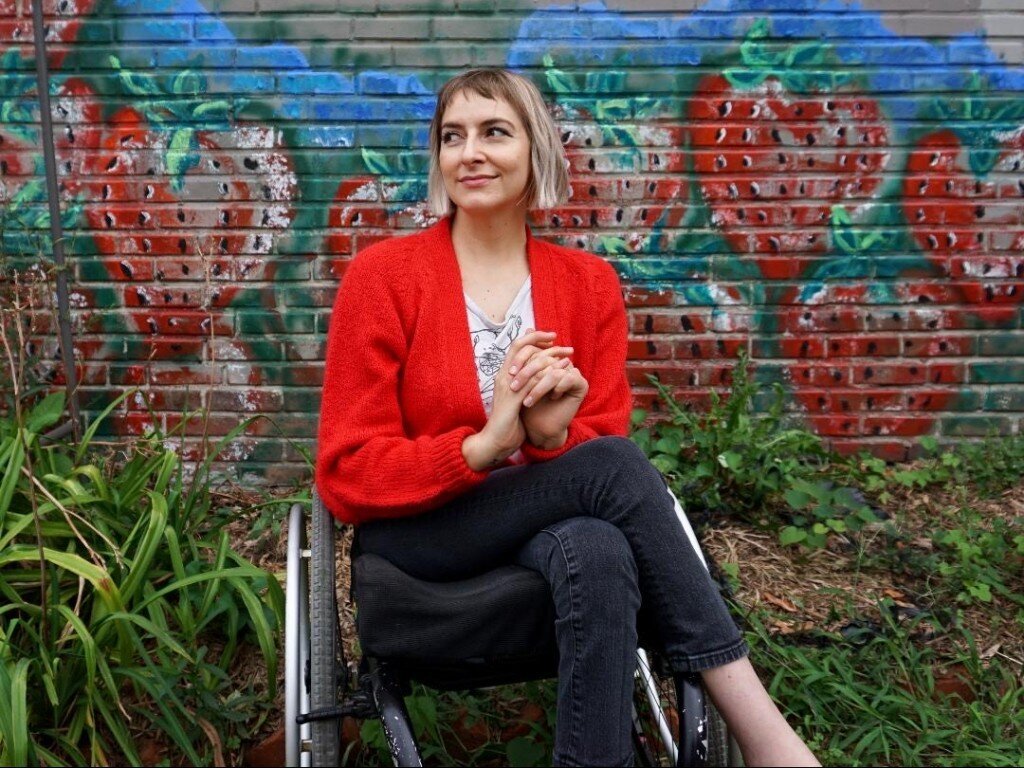
Rebekah Taussig, an educator and writer in Kansas City, is passionate about the connection between the cultural narratives we tell and the world we live in. In addition to her personal essays, Taussig also shares “mini-memoirs” on her Instagram account @sitting_pretty. Her eponymous book, “Sitting Pretty: The View from My Ordinary Resilient Disabled Body”, combines lyrical prose with academic and scientific context, urging us to embrace one another’s diversity and humanity.
4. Sara Nović
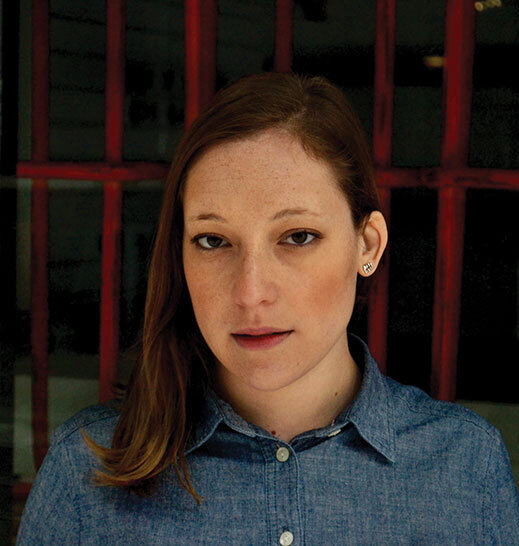
Sara Nović is an author, teacher, and mother who writes about her personal experience with deafness. She’s been recognized as an LA Times Book Prize finalist for her 2015 fiction novel, “Girl At War”. And most recently, her nonfiction project includes illustrated biographies of Americans from all 193 countries. Around the conversation of deafness and what it means to be hard of hearing, Nović thoughtfully and masterfully answers questions on her Instagram stories (i.e., What’s the difference between deaf and Deaf? One is a medical term and the other is a marker of identity.)
5. Haben Girma
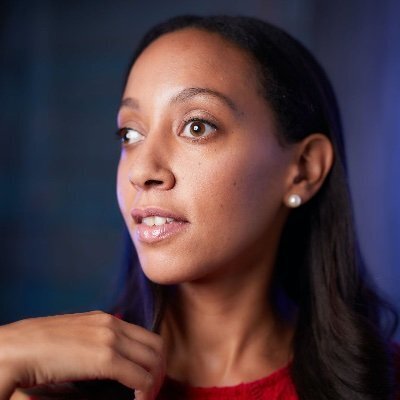
The first deaf-blind person to graduate from Harvard Law School, Haben Girma is a human rights lawyer and advocate who’s worked with President Obama and Prime Minister Justin Trudeau. As a Black woman who’s also disabled, Girma experiences racism, ableism, and sexism—she works every day for more inclusive policies to fight back against all three, particularly disability justice. Her memoir “Haben” shares more about her own trials and tribulations, and she regularly offers additional insights over on her website.
6. Melissa Blake
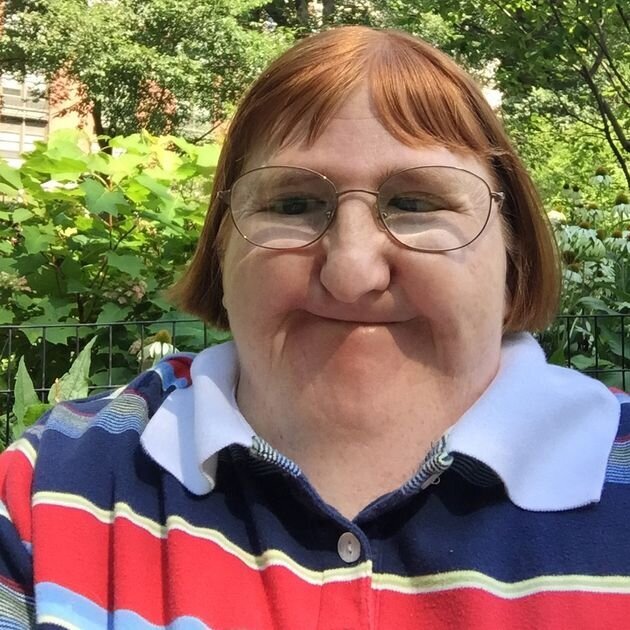
For compassionate and heartwarming reading (along with frequent laughter), Melissa Blake’s blog “So About What I Said” is incredible. Born with Freeman-Sheldon Syndrome, a genetic bone and muscular disorder, Blake uses this space to “explore the world beyond the confines of her disability.” Having studied journalism in college, she’s a long-term writer who continues to speak on topics from disability myths to dating to mental health. We love that Blake intentionally shares her personal contact information with each post to connect with readers all over the world.
7. Dr. Frances Ryan
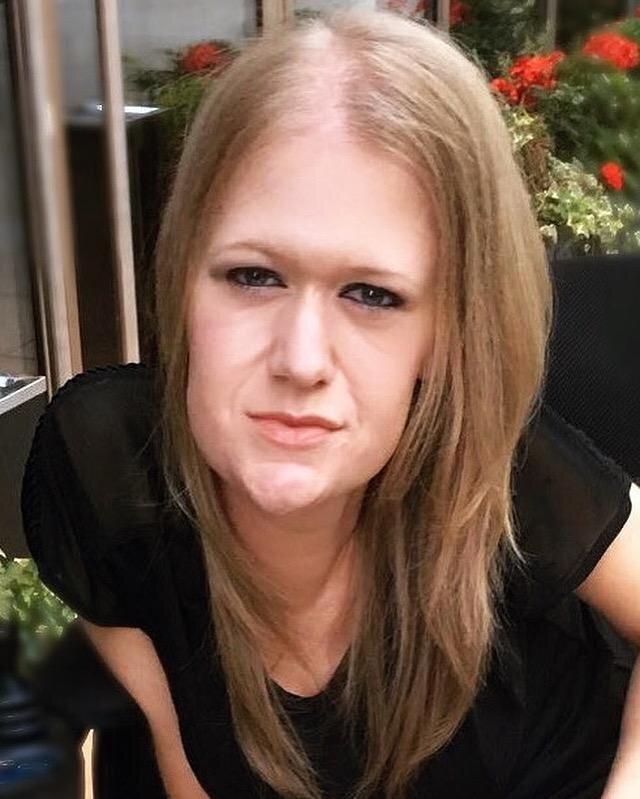
Dr. Frances Ryan is a journalist and columnist for The Guardian who frequently covers disability, education, and inequality. Her first book, “Crippled: Austerity and the Demonisation of Disabled People”, uses personal stories to expose the lack of support disabled people face in the UK. Infuriating and motivating, readers will see how disproportionately this community is affected and galvanized to demand better policies and services. Dr. Ryan challenges us to fight for solidarity for all, not just the status quo.
Literary Journals & Websites
1. Breath & Shadow
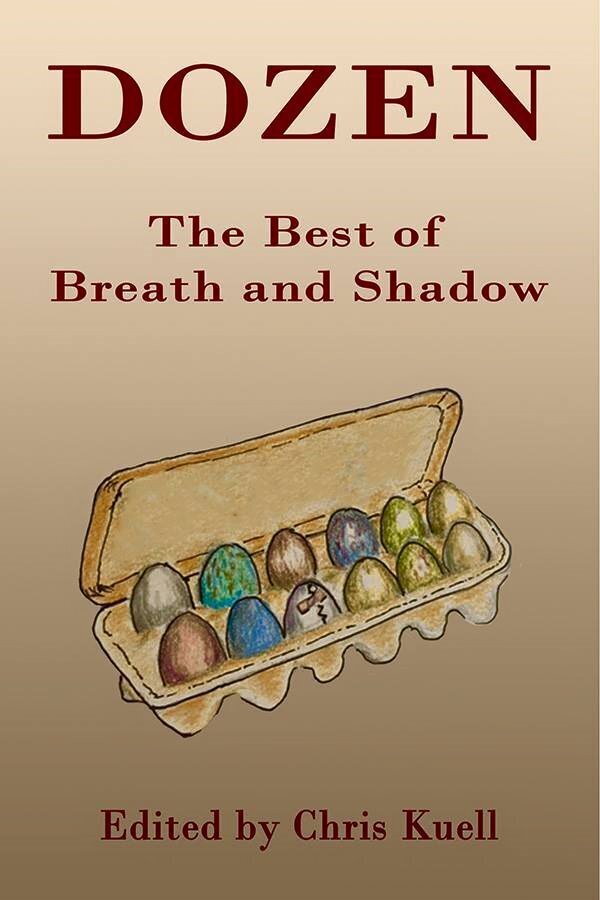
Breath & Shadow, a quarterly journal, promotes disability culture and literature. In fact, it’s the first-ever online literary journal with a focus on this space, and it’s edited and written entirely by people with disabilities.
Whether you enjoy poetry, interviews, or long-form essays, Breath & Shadow has it all, and the team prioritizes diversity in style, content, demographics, and genre for each issue. Anyone from a child with a sensory disability to a neurodivergent adult to an established writer and wheelchair user can be a part of this enriching and engaged community.
2. Kaleidoscope Magazine
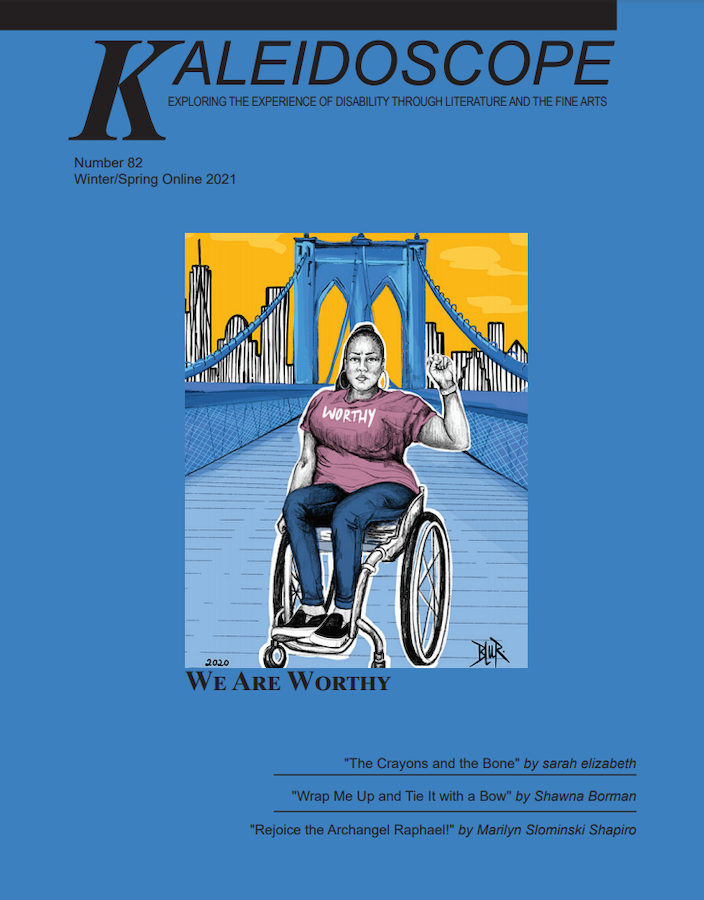
In partnership with United Disability Services of Akron, Kaleidoscope Magazine looks at the disability experience from the perspectives of individuals, loved ones, healthcare professionals and educators, and more.
Between powerful cover images, video recordings of poems, and creative nonfiction, there are over 80 issues to read through, with all kinds of writing and fine art forms. Every submission offers unique and illuminating insights about the creator’s lived experiences.
3. Monstering Magazine
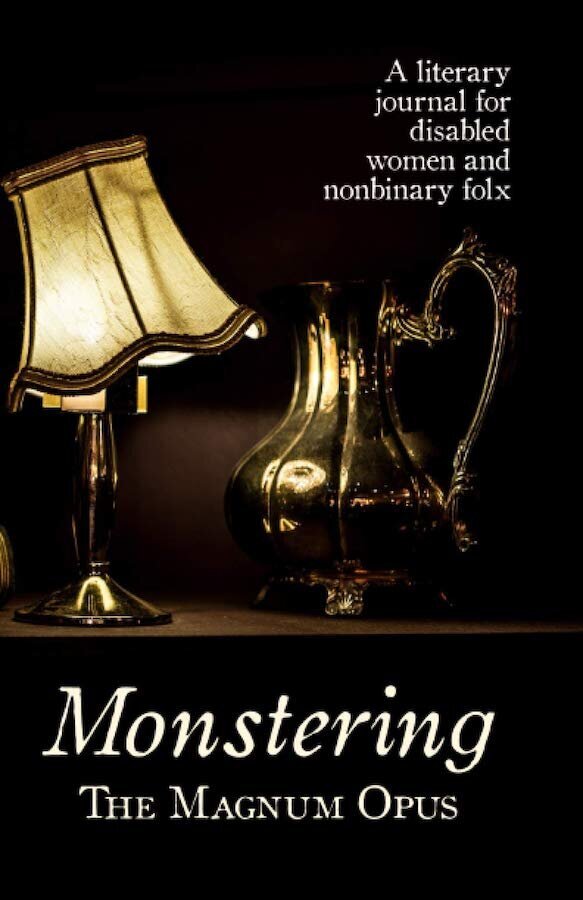
Written by and for disabled women and nonbinary people, Monstering explores the intersection of -isms and phobias faced in the world today, from transphobia to classism.
Each of their three issues are available in paperback or available online in the form of MP3s and PDFs, covering difficult topics like body image, death, and oppression. While all writers in each issue face a form of disability, some submissions do not mention it at all, understanding that life does not revolve around their disabilities. Monstering actively works to recruit BIPOC, LGBTQIA+, and other historically marginalized voices in their work.


